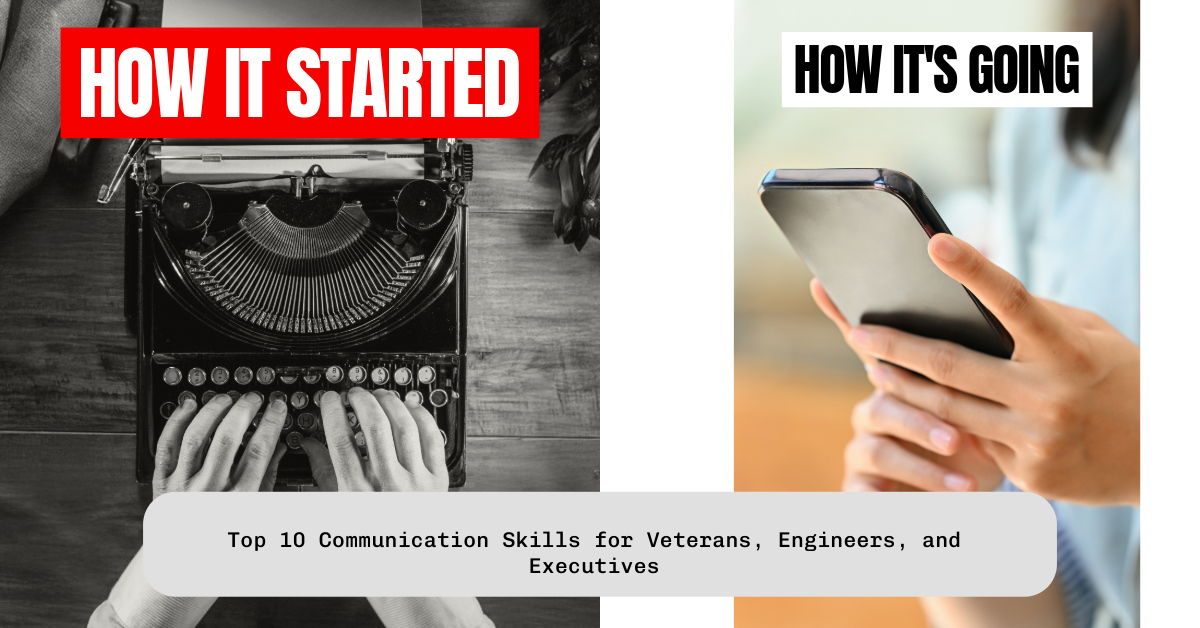In today’s globalized world, cross-cultural communication has become a vital skill for professionals across all fields. For veterans transitioning into engineering roles and engineers aspiring to leadership positions, mastering cross-cultural communication is crucial for fostering inclusivity, enhancing collaboration, and driving innovation. This article delves into the importance of cross-cultural communication, its benefits, and practical strategies to develop this skill, with a focus on coaching veterans and engineers.
Understanding Cross-Cultural Communication
Cross-cultural communication involves the ability to understand, respect, and effectively interact with individuals from diverse cultural backgrounds. It requires awareness, openness, and adaptability to different cultural norms, values, and communication styles. For veterans and engineers, who often work in multicultural and international environments, cross-cultural communication can significantly impact their ability to connect with colleagues, clients, and stakeholders.
The Importance of Cross-Cultural Communication for Veterans
Veterans bring a wealth of experience and leadership skills to the civilian workforce, yet transitioning from a military to a civilian career can present cultural and communication challenges. Cross-cultural communication helps veterans effectively navigate these challenges by fostering understanding and collaboration with colleagues from diverse backgrounds.
Key benefits of cross-cultural communication for veterans include:
- Building Inclusivity: Promoting an inclusive work environment where diverse perspectives are valued and respected.
- Enhancing Adaptability: Understanding and respecting cultural differences aids in adapting to new environments and roles.
- Facilitating Transition: Cross-cultural communication helps veterans navigate the nuances of civilian work environments, facilitating a smoother transition.
The Role of Cross-Cultural Communication in Engineering
Engineers often collaborate on complex projects with diverse teams and present technical information to global audiences. Cross-cultural communication is a critical skill that enhances their ability to understand clients’ needs, collaborate effectively, and lead teams.
Key benefits of cross-cultural communication for engineers include:
- Improved Collaboration: Fostering a collaborative work environment where diverse ideas and perspectives are encouraged.
- Effective Leadership: Engineers aspiring to leadership roles can use cross-cultural communication to inspire and motivate their teams.
- Enhanced Client Relations: Understanding clients’ cultural backgrounds and needs leads to better project outcomes and customer satisfaction.
Strategies for Developing Cross-Cultural Communication Skills
- Cultivate Cultural Awareness: Educate yourself about different cultures, including their norms, values, and communication styles. Attend cultural events, read literature, and engage with diverse communities to broaden your understanding.
- Practice Active Listening: Listen attentively to individuals from different cultural backgrounds. Show genuine interest in their perspectives and experiences and ask open-ended questions to encourage dialogue.
- Be Open-Minded: Approach interactions with an open mind and a willingness to learn from others. Avoid making assumptions or judgments based on cultural stereotypes.
- Adapt Communication Styles: Be flexible in your communication approach. Adapt your language, tone, and non-verbal cues to align with the cultural preferences of your audience.
- Build Empathy: Develop empathy by putting yourself in others’ shoes and considering their cultural background and experiences. Empathy fosters understanding and strengthens relationships.
- Seek Feedback: Encourage feedback from colleagues and clients on your cross-cultural communication skills. Use their input to improve and grow.
- Engage in Cultural Exchange: Participate in cultural exchange programs or initiatives that promote cross-cultural understanding and collaboration. These experiences provide valuable insights and opportunities for growth.
Coaching Veterans and Engineers in Cross-Cultural Communication
Coaching programs tailored for veterans and engineers can play a pivotal role in developing cross-cultural communication skills. These programs should focus on:
- Customized Training: Addressing the unique communication challenges faced by veterans and engineers through targeted workshops and exercises.
- Mentorship Opportunities: Pairing participants with experienced mentors who can provide guidance and feedback on cross-cultural communication practices.
- Real-World Scenarios: Incorporating simulations and role-playing exercises that mimic real-world situations to practice cross-cultural communication in a safe environment.
- Continuous Feedback: Providing ongoing feedback and support to reinforce learning and encourage skill development.
Conclusion
Cross-cultural communication is a powerful tool that can transform the way veterans and engineers communicate and lead. By mastering this skill, they can enhance collaboration, improve project outcomes, and drive innovation in their respective fields. As the demand for effective communication continues to grow, investing in cross-cultural communication skills will undoubtedly yield significant returns for individuals and organizations alike.
For veterans transitioning to engineering roles and engineers aspiring to leadership positions, cross-cultural communication is not just a skill—it’s a pathway to success. By embracing this practice, they can unlock their full potential and make a lasting impact in their careers and communities.
By focusing on cross-cultural communication, veterans and engineers can enhance their communication abilities, paving the way for successful transitions and leadership opportunities. Whether you’re a veteran entering the engineering field or an engineer looking to advance your career, mastering cross-cultural communication is a crucial step toward achieving your goals.
